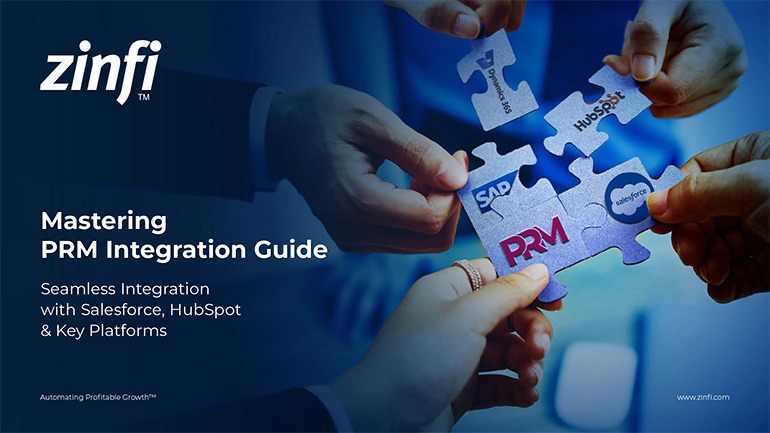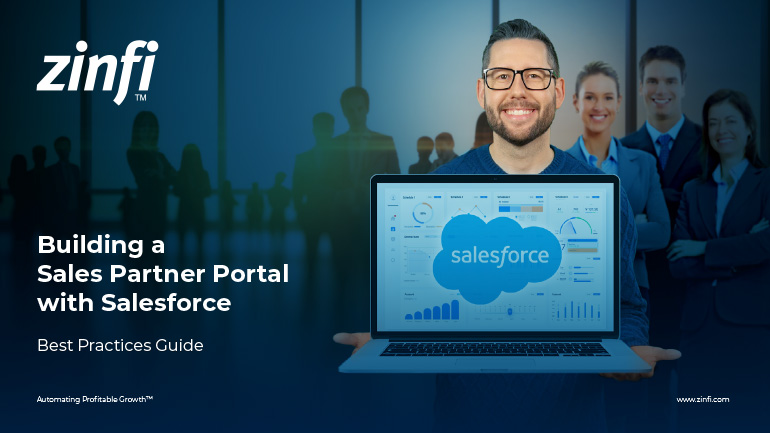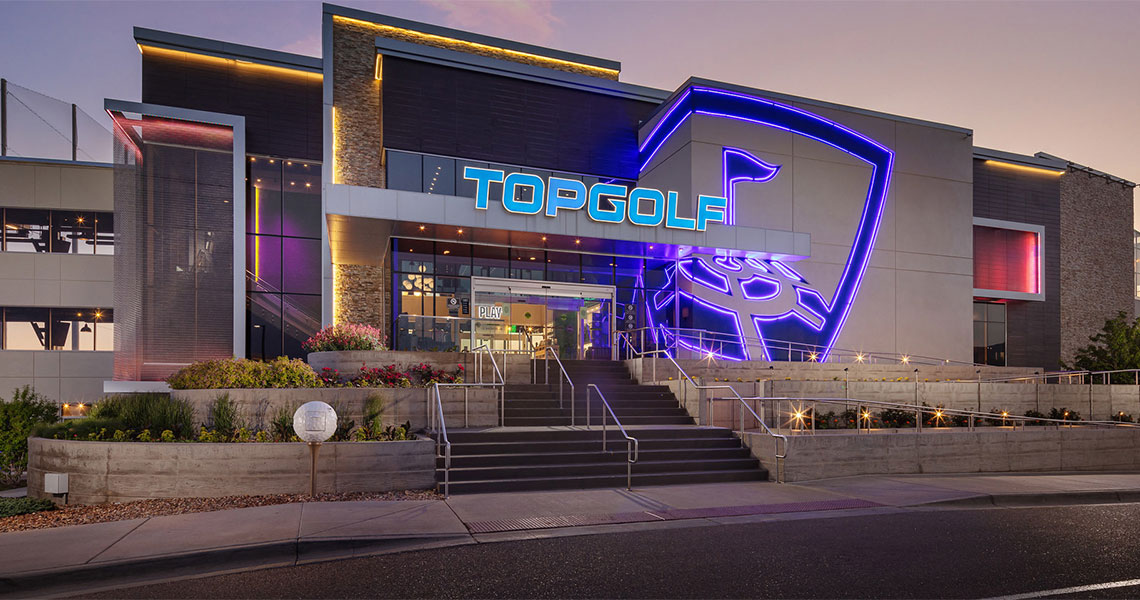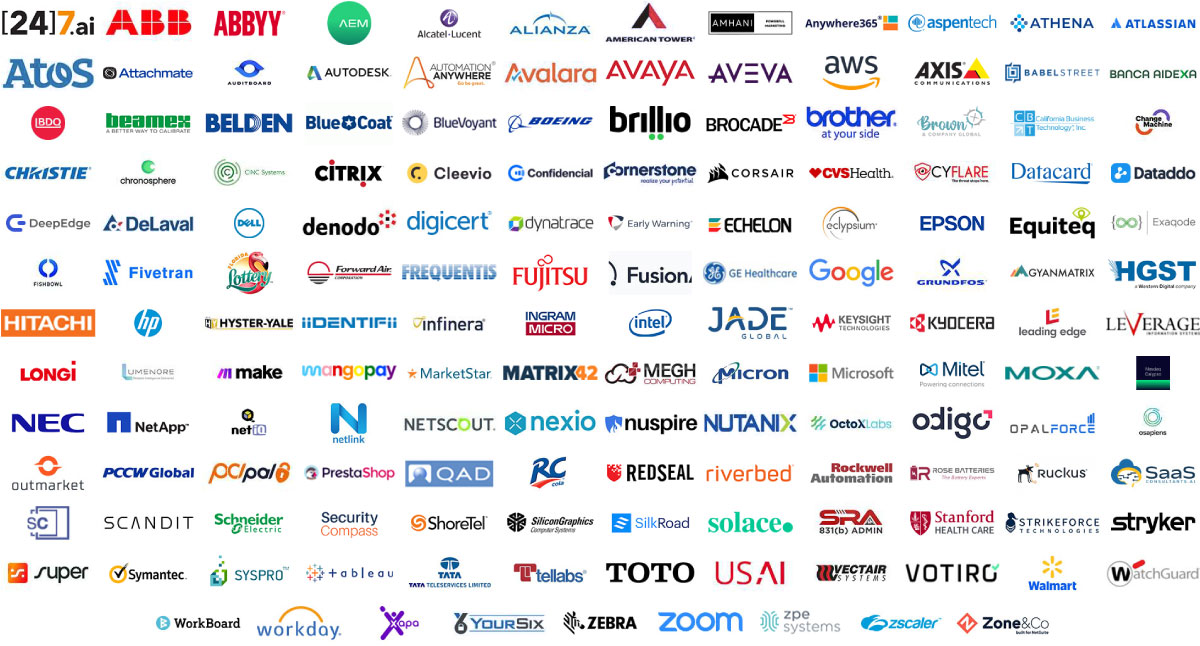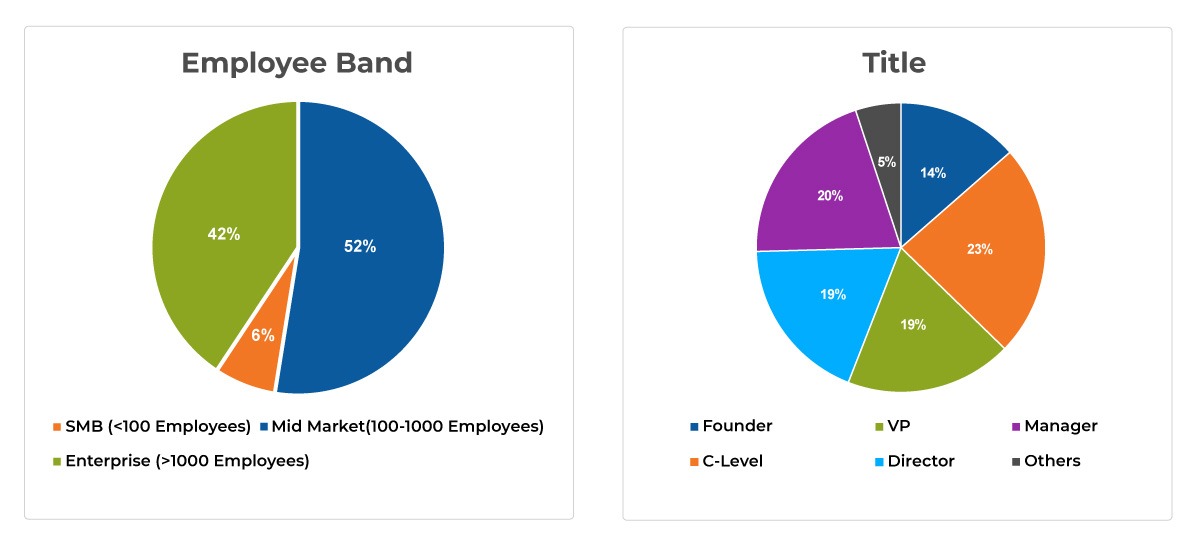Next-Gen PartnerOps Symposium, Denver
- Speakers
- Agenda & Topics
- Why Attend
- Past Attendees
- What is PartnerOps
Speakers
Speaker |
Current Bio |
Expertise Relevant to the Panel |
Heather K. Margolis |
Founder & CEO, Channel Maven. Heather is a respected channel marketing leader who helps businesses build effective partner ecosystems. As founder of Channel Maven, she advises companies on channel strategy and drives diversity initiatives within the tech sector. |
Heather provides insights into the rapid evolution of partner ecosystems and how organizations can practically leverage AI for co-selling, enablement, and partner growth today and over the near-term horizon. |
Additional Speakers to be Annouced shortly. |
This panel will provide attendees with actionable insights into building, scaling, and optimizing partner programs. The discussion will help organizations unlock partner-driven growth in an evolving market, from strategic partner recruitment to seamless onboarding and advanced enablement techniques.
Host & Moderator |
Sugata Sanyal |
Founder & CEO, ZINFI Technologies, Inc. As the CEO of ZINFI, Sugata Sanyal has pioneered advancements in Partner Relationship Management (PRM) technology, blending AI, automation, and business intelligence to redefine PartnerOps Symposiums. With decades of experience scaling SaaS businesses, he is a passionate advocate for innovation, collaboration, and building thriving partner networks. A dynamic speaker and thought leader, Sugata inspires organizations to achieve profitable growth through strategic partnerships and advanced automation. |
Over the years, Sugata has become a recognized thought leader in PartnerOps, moderating panels and leading discussions on partner ecosystems. As host of the PartnerOps Podcast, he engages industry experts on best practices and AI’s role in go-to-market strategies. Recently, Sugata led panels on AI’s impact on partner ecosystems and business growth. At this event, he will outline the PartnerOps framework and key strategic elements—covering programs, processes, personnel, and platforms—to help organizations scale effectively. |
Agenda & Topics
Time |
Description |
2:00 pm – 2:30 pm |
Registration & Networking. |
2:30 pm – 3:30 pm |
1st Panel: Partner Recruitment, Onboarding & Enablement. |
3:30 pm – 4:00 pm |
Networking Break. |
4:00 pm – 5:00 pm |
2nd Panel: Partner Co-Marketing, Co-Sell, Incentives & Accelerate. |
5:00 pm – 6:00 pm |
Happy Hour & Networking |
Strategize, Recruit, Onboard & Enable
Building a high-performing partner ecosystem requires a strategic approach to identifying, engaging, and empowering the right partners. This panel will explore how organizations can develop and execute an effective partner strategy—covering everything from recruitment and onboarding to enablement and long-term success. Experts will discuss best practices, emerging trends, and technology-driven solutions that drive partner productivity and business growth.
Key Discussion Topics:
- Developing a Winning Partner Strategy – Defining the right mix of partners and structuring a scalable program.
- Targeted Partner Recruitment – Identifying, attracting, and engaging the ideal partners for growth.
- Seamless Onboarding for Faster Activation – Reducing time to productivity through automation and structured onboarding.
- Enabling Partners with the Right Tools & Training – Providing sales, marketing, and technical resources to drive success.
- Leveraging AI & Automation in Partner Management – Enhancing efficiency and engagement through intelligent workflows.
- Aligning Partner Goals with Business Objectives – Ensuring mutual success through collaboration and shared KPIs.
- Partner Certification & Competency Development – Creating structured learning paths and validation programs.
- Ensuring Governance & Compliance in Partner Ecosystems – Balancing growth with security, integrity, and policy adherence.
- The Evolution of Partner Enablement – Trends shaping the future of partner programs over the next 3-5 years.
A well-structured partner program is key to business expansion and market penetration. Organizations can cultivate a thriving partner network that delivers sustained success by implementing strategic recruitment, seamless onboarding, and ongoing enablement.
Co-Market, Co-Sell, Incentivize & Accelerate
As businesses increasingly rely on partner ecosystems to expand their market reach, collaborative go-to-market strategies have become essential. This panel will explore the best practices for co-marketing, co-selling, incentivizing, and accelerating partner performance. Experts will discuss how organizations can align with partners to drive revenue, enhance customer success, and create a win-win growth model.
Key Discussion Topics:
- Co-Marketing Strategies for Demand Generation – How to effectively collaborate with partners on campaigns, events, and content marketing.
- Optimizing Co-Selling for Revenue Growth – Best practices for joint selling motions, lead sharing, and pipeline acceleration.
- Partner Incentives That Drive Engagement – Structuring rewards, rebates, and loyalty programs to motivate partners.
- Accelerating Partner Success with AI & Automation – Leveraging technology to streamline co-selling and marketing efforts.
- Leveraging Data & Insights for Joint GTM Execution – How analytics can enhance collaboration and measure performance.
- Building a Seamless Partner Experience – Creating frictionless engagement from recruitment to revenue realization.
- Co-Branded Solutions & Marketplace Strategies – Exploring new ways to showcase joint value propositions.
- Aligning Sales & Marketing for Partner Success – Ensuring internal teams are synchronized with partner-driven strategies.
- The Future of Partner-Led Growth – Key trends shaping the next generation of co-sell and co-market initiatives.
In today’s interconnected business landscape, the ability to co-market, co-sell, and incentivize partners effectively is a competitive differentiator. Organizations can accelerate partner-led growth and maximize joint success by fostering deeper collaboration, aligning sales motions, and leveraging AI-driven insights.
Why Attend
Gain Actionable Insights from Senior Leaders on How Automation, Technology, and Innovative Strategies are Revolutionizing Partner Management
Drive Efficiencies. Scale PartnerOps Symposiums. Transform with AI.
Seats are limited—don’t miss your chance to redefine your business with AI.
Connect. Discover. Build.
We’re excited to invite you to an exclusive in-person C-level networking and learning event:
“Next-Gen PartnerOps Symposium, Denver”.
Join top partner executives and industry leaders to explore the future of PartnerOps Symposiums, digital transformation, and the role of AI in optimizing PartnerOps.
What to Expect:
PartnerOps Symposium Leaders
- Scale partner recruitment, enablement, and co-selling through AI-powered workflows.
- Gain insights into how AI is reshaping hybrid PartnerOps Symposiums, fostering deeper collaboration, and driving mutual growth.
- Learn from experts on building agile, AI-optimized partner networks that align with evolving industry needs.
Deep-Dive into Four Core Areas of Partnership Leadership:
-
Partner Marketing
- AI-driven content syndication and brand amplification.
- Advanced market-to, market-through, and market-with strategies.
- Next-gen Through-Channel Marketing Automation (TCMA) for scalable demand generation.
-
Partner Sales
- How AI-powered workflows accelerate co-selling and deal velocity.
- Predictive analytics for partner pipeline forecasting and deal optimization.
- AI-driven partner scoring and performance measurement.
-
Partner Operations
- Automating partner lifecycle management for seamless onboarding, training, and engagement.
- AI-powered partner incentives, rebate management, and MDF optimization.
- Streamlining partner contracts, compliance, and governance.
-
Distribution Management
- AI-driven multi-tier partner and distributor management.
- Optimizing inventory, pricing, and channel incentives using predictive analytics.
- Managing regional and global PartnerOps Symposiums for sustained growth.
Secure Your Spot Today!
This symposium is by invitation only and designed exclusively for C-level and senior partnership executives. Limited seats available!
Past Attendees
Why PartnerOps?
PartnerOps is transforming how businesses manage their partnerships. From automating workflows and predictive analytics to intelligent matchmaking and partner performance tracking, the next generation of PartnerOps focuses on automation, process optimization, and intelligent systems to drive more efficient, scalable, and profitable partnerships.
Here are a few images from our latest event in Silicon Valley, where we explored upcoming trends in AI investments and their influence on market strategies through partner ecosystems.
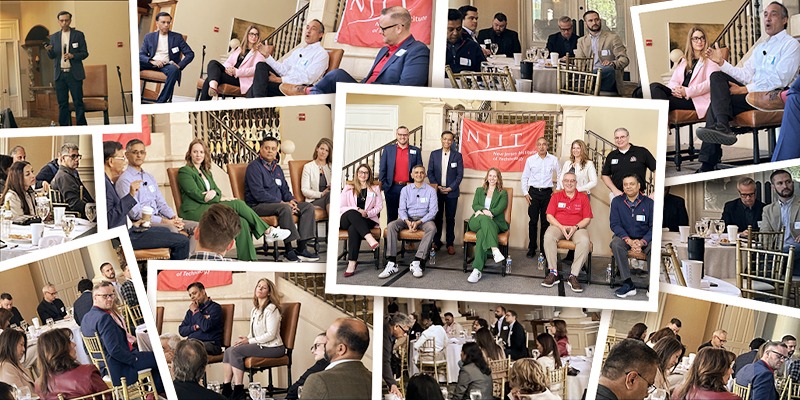
What is PartnerOps
The Evolution of Partner Operations (PartnerOps): Building a High-Performing Partner Ecosystem
Introduction
The way businesses drive revenue has evolved significantly over the past few decades. Traditionally, companies relied on direct sales and marketing strategies to acquire customers and sustain growth. However, as technology advanced and market dynamics shifted, organizations realized that indirect revenue channels—through partners, resellers, and alliances—could be as powerful, if not more so.
This realization gave birth to Revenue Operations (RevOps)—a framework that integrates sales, marketing, and customer success into a unified, data-driven system. RevOps has enabled companies to enhance revenue predictability, streamline operations, and align cross-functional teams to maximize growth.
As companies embraced RevOps, they soon discovered a critical gap: the partner ecosystem was often disconnected from the broader revenue engine. This led to the emergence of Partner Operations (PartnerOps), a structured approach to managing and optimizing partner networks to drive predictable revenue.
In this article, we will explore the evolution of RevOps, the rise of PartnerOps, and how AI is shaping the future of partner ecosystems to build more intelligent, scalable, and high-performing networks.
The Evolution of RevOps
The History of RevOps
Before RevOps, businesses operated in silos. Marketing generated leads, sales closed deals, and customer success focused on retention—often with limited collaboration. This fragmented approach led to inefficiencies, lack of visibility, and lost revenue opportunities.
The introduction of CRM (Customer Relationship Management) platforms in the late 1990s and early 2000s began to break down these silos by centralizing customer data. However, each function operated independently, and businesses struggled to create a cohesive revenue strategy.
As subscription-based and SaaS business models became dominant, the need for a more integrated approach to revenue management became clear. Companies like Salesforce, HubSpot, and Marketo began championing the RevOps model—a unified operational strategy that brings sales, marketing, and customer success under one framework to optimize revenue generation.
RevOps Today
Today, RevOps is a well-established discipline. Businesses leverage sophisticated data analytics, AI-driven forecasting, and automated workflows to streamline customer acquisition and retention. Companies recognize that alignment between sales, marketing, and customer success is essential to maximizing revenue and improving operational efficiency.
The Future of RevOps
The future of RevOps lies in AI-driven decision-making, real-time data analysis, and deeper automation. As AI and machine learning models become more sophisticated, they will enable revenue teams to predict customer behaviors, optimize sales strategies, and automate complex workflows—reducing manual intervention and allowing revenue teams to focus on strategic initiatives.
The Rise of PartnerOps
The History of PartnerOps
As RevOps matured, companies began to recognize the power of partnerships in scaling their businesses. Traditional partner programs, however, were often managed through manual processes, disconnected tools, and outdated engagement models. Companies lacked visibility into partner-driven revenue, and partner managers relied on spreadsheets and ad hoc strategies to track partner performance.
Recognizing these inefficiencies, leading organizations sought to apply the principles of RevOps to partner ecosystems—giving rise to PartnerOps.
PartnerOps Today: A Structured Framework
Modern PartnerOps is structured around a seven-pillar framework that optimizes every stage of the partner lifecycle:
- Strategize – Define the partner program’s goals, target partner profiles, and overall ecosystem strategy.
- Recruit – Identify, attract, and onboard partners that align with business objectives.
- Onboard – Streamline the partner onboarding process with automated workflows, training, and certification.
- Enable – To improve their effectiveness, provide partners with sales enablement content, training resources, and co-branded assets.
- Co-Market – Empower partners with joint marketing programs, co-branded campaigns, and demand generation initiatives.
- Co-Sell – Align partners with direct sales teams, leverage deal registration programs, and enable seamless collaboration.
- Incentivize & Accelerate – Deploy commission structures, Market Development Funds (MDF), and performance-based incentives to drive engagement and revenue.
Through automation, AI-driven insights, and PRM (Partner Relationship Management) platforms, companies can now scale their partner ecosystems efficiently while ensuring transparency, accountability, and performance tracking.
The Future of PartnerOps
Looking ahead, PartnerOps will continue to evolve as businesses seek greater visibility, automation, and scalability in their partner programs. AI, predictive analytics, and machine learning will play pivotal roles in shaping the next generation of PartnerOps.
AI & PartnerOps: The Next Frontier
Artificial Intelligence transforms PartnerOps by enabling more brilliant partner engagement, automated content generation, and predictive analytics. AI-powered PartnerOps leverages:
- Content Creation & Personalization—AI-powered tools generate customized marketing materials, sales playbooks, and training resources for each partner.
- Predictive Partner Matching – AI-driven algorithms identify high-potential partners based on historical data, industry trends, and sales performance.
- Recommendation Engines – Machine learning models suggest marketing campaigns, sales strategies, and enablement resources tailored to each partner’s performance.
- Real-Time Insights & Forecasting – AI analyzes partner engagement metrics, deal registrations, and pipeline health to provide real-time recommendations.
- Seamless Integration of CRUD & LLM Models – AI-powered systems leverage Create, Read, Update, Delete (CRUD) operations alongside Large Language Models (LLMs) to ensure that partner data is dynamically updated and insights are delivered efficiently.
- Automation of Partner Workflows – AI-driven chatbots, workflow automation tools, and high-performance computing enable seamless partner engagement at scale.
As AI technology advances, PartnerOps will become more proactive, intelligent, and efficient. This will ensure that businesses can manage and optimize their partner ecosystems with minimal manual intervention while maximizing revenue impact.
Conclusion
PartnerOps is the natural evolution of RevOps, bringing structure, automation, and AI-driven intelligence to how businesses manage partner ecosystems. As AI advances, organizations that embrace AI-powered PartnerOps strategies will gain a competitive advantage, unlocking new revenue streams, driving partner success, and scaling their businesses faster than ever.
For businesses looking to build high-performing, data-driven partner ecosystems, the time to invest in PartnerOps is now.






